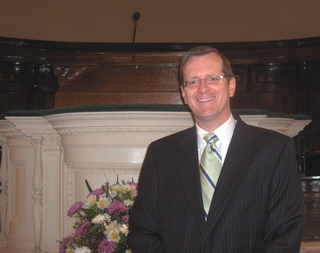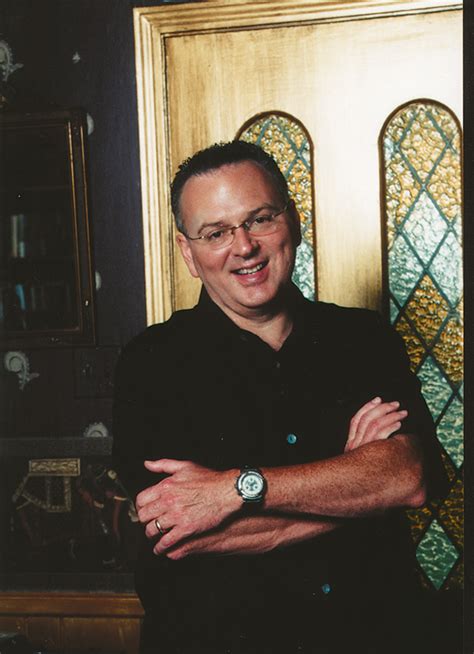A Quote by John Stott
Theology is a serious quest for the true knowledge of God, undertaken in response to His self-revelation, illumined by Christian tradition, manifesting a rational inner coherence, issuing in ethical conduct, resonating with the contemporary world and concerned for the greater glory of God.
Related Quotes
Don't neglect your critical faculties. Remember that God is a rational God, who has made us in His own image. God invites and expects us to explore His double revelation, in nature and Scripture, with the minds He has given us, and to go on in the development of a Christian mind to apply His marvellous revealed truth to every aspect of the modern and post-modern world.
But the Bible says that the unreached will be judged on a quite different basis than those who have heard the gospel. God will judge the unreached on the basis of their response to His self-revelation in nature and conscience. The Bible says that from the created order alone, all persons can know that a Creator God exists and that God has implanted His moral law in the hearts of all persons so that they are held morally accountable to God (Rom. 1.20; 2.14-15). The Bible promises salvation to anyone who responds affirmatively to this self-revelation of God
The ultimate goal of theology isn't knowledge, but worship. If our learning and knowledge of God do not lead to the joyful praise of God, we have failed. We learn only that we might laud, which is to say that theology without doxology is idolatry. The only theology worth studying is a theology that can be sung!
It is when we create things for God's sake that our work most clearly promotes His glory, rather than threatening to compete with it. Thus the true purpose of art is the same as the true purpose of anything: it is not for ourselves or for our own self-expression, but for the service of others and the glory of God.
The healthy Christian is not necessarily the extrovert, ebullient Christian, but the Christian who has a sense of God's presence stamped deep on his soul, who trembles at God's word, who lets it dwell in him richly by constant meditation upon it, and who tests and reforms his life daily in response to it.
The difference between the truth of God and revelation is very simple. Truth is where God's been. Revelation is where God is. Truth is God's tracks. It's His trail, His path, but it leads to what? It leads to Him. Perhaps the masses of people are happy to know where God's been, but true God chasers are not content just to study God's trail, His truths; they want to know Him. They want to know where He is and what He's doing right now.
Many of those whose task it is to broker the truth of God to the people of God in the churches have now redefined the pastoral task such that theology has become an embarrassing encumbrance or a matter of which they have little knowledge; and many in the Church have now turned in upon themselves and substituted for the knowledge of God a search for the knowledge of self.
God is not a Christian, God is not a Jew, or a Muslim, or a Hindu, or a Buddhist. All of those are human systems which human beings have created to try to help us walk into the mystery of God. I honor my tradition, I walk through my tradition, but I don't think my tradition defines God, I think it only points me to God.

































